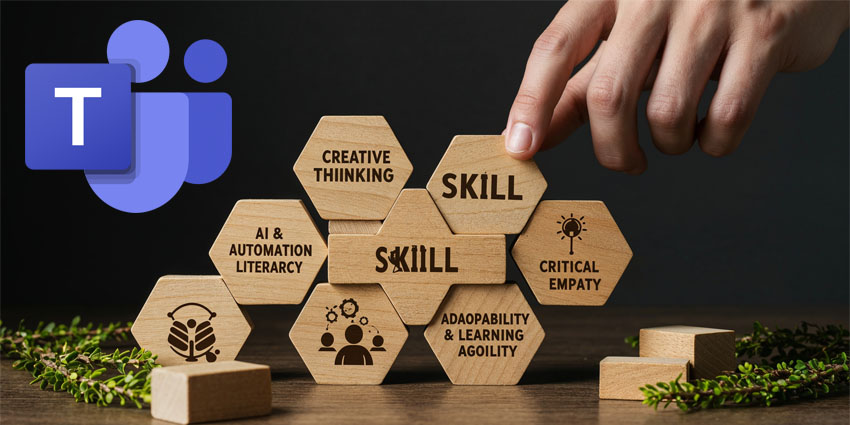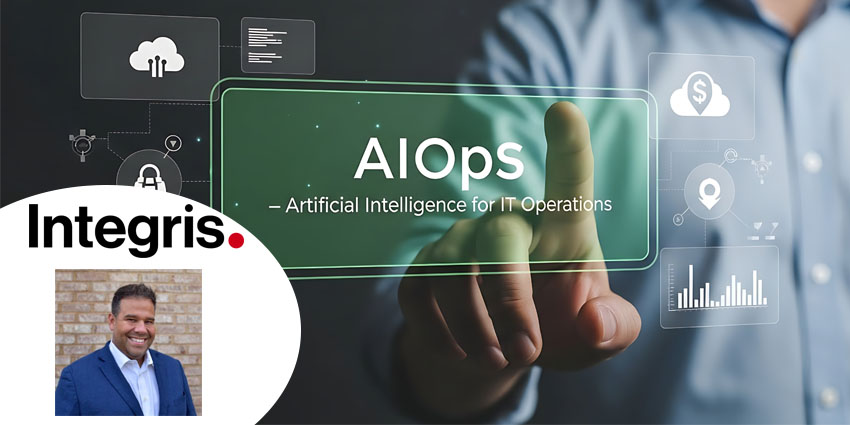Microsoft Reveals Security Copilot Agents to Bolster Enterprise Resilience
Microsoft has announced several new AI agents for its Security Copilot solution to assist with enterprise resilience.
These agents intend to support security and IT admins with critical areas such as phishing, data security, and identity management. Meanwhile, AI security remains a top priority, driving innovations in Microsoft Defender, Entra, and Purview to enhance protection and governance.
Vasu Jakkal, Corporate Vice President of Microsoft Security, wrote in an announcement blog post:
We are excited to announce the next evolution of Security Copilot with AI agents designed to autonomously assist with critical areas such as phishing, data security, and identity management. The relentless pace and complexity of cyberattacks have surpassed human capacity and establishing AI agents is a necessity for modern security.”
Microsoft Copilot Security launched last April with the remit of helping security and IT admins “catch what others miss, move faster, and strengthen team expertise.” Copilot for Security functions ostensibly as a chatbot for security admins to use to read and analyse critical information such as threat summaries and security incidents.
Microsoft cites the ever-growing necessity for vigilance around cybersecurity as an inspiration for the agents’ introduction. For example, Jakkal notes that phishing remains a major cyber threat, with Microsoft detecting over 30 billion attacks in 2024. Microsoft Security Copilot’s new phishing triage agent automates alerts, freeing defenders to tackle complex threats.
Cisco Devices: New Capabilities for Microsoft Teams Rolled Out
Cisco has introduced a series of updates aimed at enhancing the integration of its devices with Microsoft Teams, improving both usability and interoperability.
These Spring updates apply to Cisco Rooms with Video Integration for Microsoft Teams (VIMT) and Microsoft Teams Rooms, delivering streamlined management, expanded camera support, and improved cross-platform functionality through software enhancements.
Key updates include upcoming Apple AirPlay support, improved Zoom connectivity via the Conference Room Connector, general availability of AOSP device management, a new Microsoft-approved release channel in Control Hub, expanded USB content camera support, enhanced IntelliFrame functionality, cross-tenant meeting updates, integrated spotlight functionality in Layouts, and PowerPoint Live presentation viewing.
These enhancements strengthen camera capabilities, management tools, and cross-platform compatibility, supporting organizations adopting hybrid work models.
Otter Revolutionises Meetings With AI Agent That Speaks Up During Calls
Otter is launching an AI agent that is set to revolutionise the meeting experience with the capability to speak up during calls.
One of a trio of new AI agents that Otter is introducing, Otter Meeting Agent is pitched as a voice-activated, AI-driven virtual meeting assistant that leverages organisational data to answer Qs and fulfil tasks. Supported by Otter’s new Sales Agent and SDR Agent, the company says that the trio represents a “first-of-its-kind suite of voice AI meeting agents designed to supercharge business meetings”.
The agents’ release is complemented by Otter’s announcement that it has surpassed $100 million in annual recurring revenue (ARR) for the first time.
Sam Liang, co-founder and CEO of Otter.ai, commented:
Our $100M ARR milestone validates that businesses are ready to embrace AI agents that augment human intelligence in meaningful ways. We’re not just talking about the future of AI; we’re building it, moving beyond theoretical discussions and delivering everyday tools that are already impacting over 25 million Otter users worldwide.”
The Otter Meeting Agent is being incrementally rolled out to all Otter.ai users. Designed to enhance virtual collaboration, this AI-powered assistant is already available for Zoom calls, providing automated transcription and meeting insights.
In the coming months, Otter plans to extend its support to Microsoft Teams and Google Meet, aiming to ensure seamless integration across the most widely used virtual meeting platforms.







